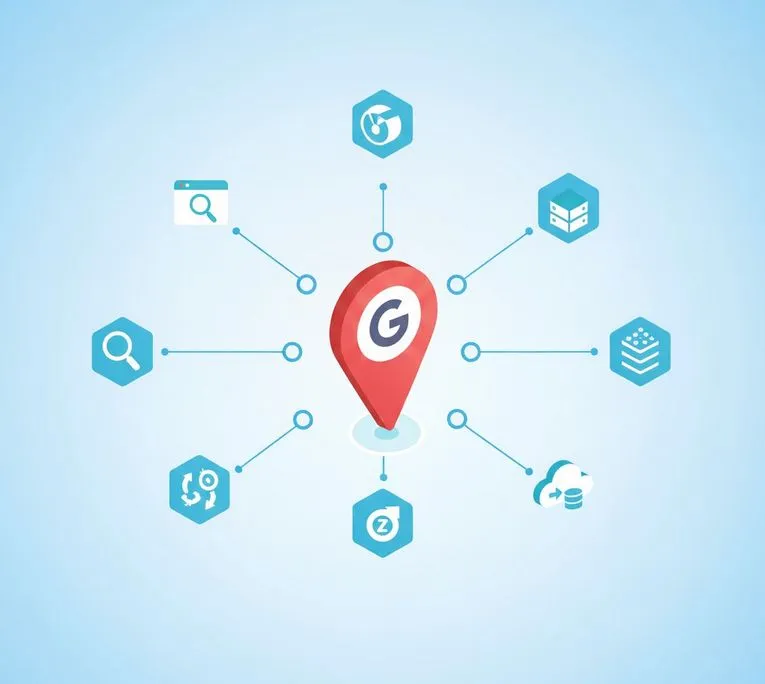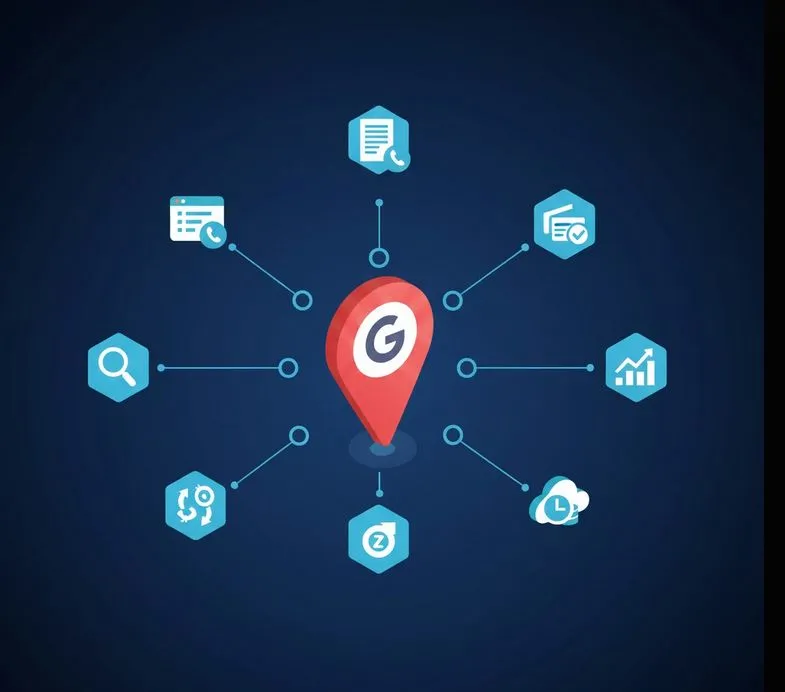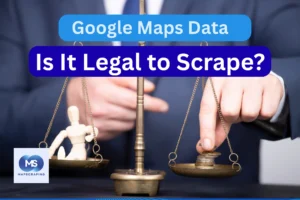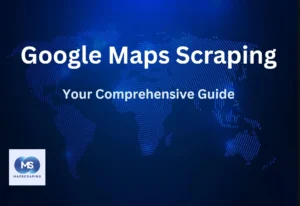Find the Best Google Maps Scraping Tools
Compare benefits, prices, & alternatives to choose the right Google Maps Scraper, recommended by power users.
Tools Recommended by:
We only features Google Maps Scraping Tools recommended by Power Users.





Featured Google Maps Scraping Tools
Compare Google Maps Scraping Tools
This is a side-by-side comparisons of the most popular Google Map web scraping tools available in the market today.
Outscraper vs. Apify
Outscraper offers Free Tier of up to 500 businesses using PAYG payment method while Apify offers up to $5.00 worth of data per month.
Bright Data vs. LeadScrape
Bright Data is a comprehensive web data infrastructure and tools while LeadScrape is a specialized B2B lead generation scraper.
Scraping Dog vs. Octoparse
Scrapingdog is an API service for automated data extraction while Octoparse is a visual web scraping software.
YOUR MAPS SCRAPING CHOICE
Looking for Alternatives?
Looking for alternatives to your current Google Maps scraping tool? We’ve compared the best options in the market so you can quickly find the right fit for your business. Whether you need a simple Chrome extension, a powerful API, or a cloud-based platform, this directory highlights features, pricing, and use cases to help you make an informed choice.


DISCOVER THE USE CASES
Why Use Google Maps Scraping Tools?
Google Maps scraping tools help businesses uncover valuable local data directly from Google Maps. Instead of manually copying business names, addresses, phone numbers, and reviews, these tools automate the process — saving hours of work. Marketers, agencies, and sales teams use them to generate leads, build prospect lists, and gain insights into local markets.
Map Scraping Blogs

Google Maps Scraping Using Python
Learn how to scrape Google Maps data with Python using Selenium, Playwright and ScraperAPI. This guide covers business details, reviews, and best practices while staying within Google’s limits. Discover practical steps, troubleshooting tips, and safe alternatives to large-scale scraping.

How to Extract Leads from Google Maps: Step-by-Step Guide
Know the secrets on how to turn Google Maps data into a lead generation powerhouse. This guide walks you through manual and automated methods, data cleaning tips, and the best tools to help you scale your outreach faster.

Is Google Maps Scraping Legal?
Google Maps scraping lets businesses collect public data like names, addresses, and ratings to power lead generation, market research, and local insights. But is it legal? This guide explains what Google allows, what the law says, and how to safely collect Maps data using APIs, trusted providers, and best practices that keep your project compliant in 2025.

Google Maps Scraping: Your Extracting Guide For Lead Generation
Discover how businesses and marketers use Google Maps scraping to extract valuable leads, analyze competitors, and improve data-driven growth. This complete guide explains how scraping works, the best tools to use, legal considerations, and expert tips for ethical, scalable data collection. Learn how to turn Google Maps data into a powerful lead generation engine.
See More Blogs
Get our emails
Subscribe to get the best of Google Maps Scraping tools delivered to your inbox every month.
Frequently Asked Questions (FAQ)
Google Maps Scraping is the automated extraction of publicly available business data and Points of Interest from Google Maps. It is primarily used for Lead Generation, Market Research and Analysis.
We are a curated directory where every Google maps scraper is vetted and recommended by experienced industry power users. We help you skip trial-and-error by comparing tools based on their data accuracy, reliability, and advanced features and benefits.
The site is built for professionals relying on large volumes of location data, including B2B Business Owners, Sales & Marketing Teams, Lead Generation Specialists, and Developers seeking robust data streams.
Scraping publicly accessible data is generally legal. However, it explicitly violates Google’s Terms of Service (ToS). it is critical to use the data ethically and adhere strictly to Data Privacy laws (like GDPR/CCPA) when handling any personal information.
Prioritize tools that offer Advanced Filtering (by rating, website presence), Data Enrichment (emails, social links), Scalability (handling large volumes and bypassing limits), and Clean Data Export (CSV, Excel, JSON).






